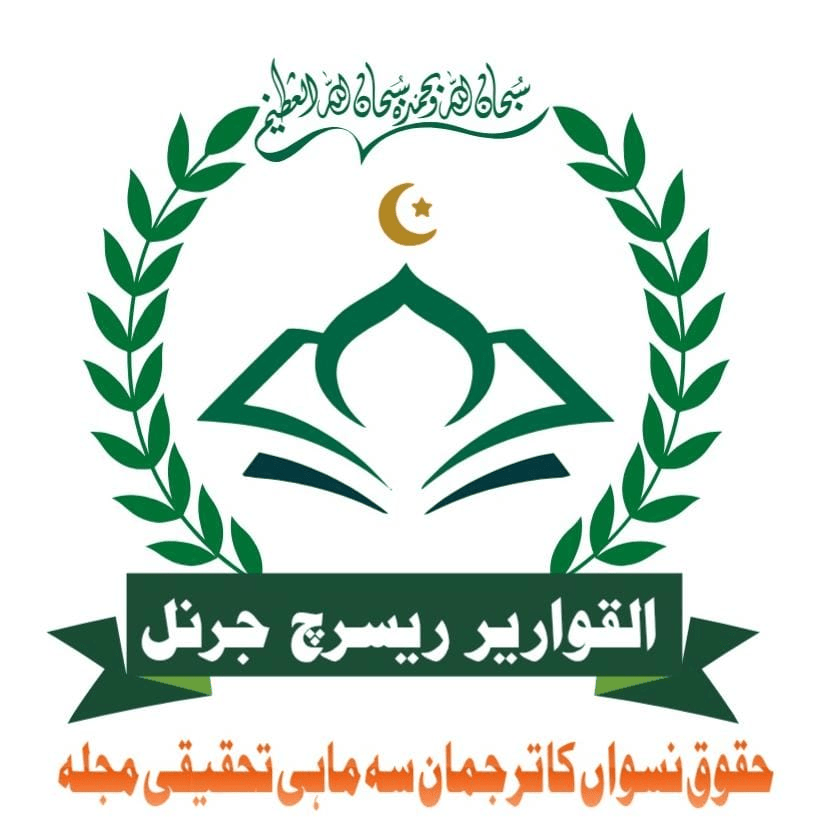Socio-Islamic Perspectives on Gender Equality: A Case Study of Women, Faith, and Feminism at the University of Narowal
DOI:
https://doi.org/10.1000/85qjav57Keywords:
Gender equality, Islamic feminism, socio-Islamic perspectives, higher education, socio-cultural challengesAbstract
The study is a qualitative exploration of socio-Islamic views of gender equality through a case-study examination of women faculty and student members at the University of Narowal, Pakistan. Using a thematic analysis approach, the study reveals how participants construed Islamic teachings concerning gender roles and how this influenced their views on feminism and empowerment. Researcher also examined how higher education informed women’s religious and feminist identities and socio-cultural obstacles many faced in a primarily conservative context. Furthermore, explored institutional policies and campus culture to examine how both promoted or hindered feminist discourse and contributed to gender equality. Objectives of the study are to explore and document the ways female students and faculty at the University of Narowal engage with Islam as it relates to gender equality, to examine the role of higher education in developing women’s attitudes and beliefs towards faith and feminism, to investigate the challenges women encounter in pursuing education and career ambitions in a conservative socio-religious context, to analyze the University of Narowal's institutional engagements and campus culture on gender equality and to contribute to the larger field of research on Islamic feminism and women's empowerment in Pakistan. In that context, study findings show that participants were often resistant to patriarchal interpretations of Islam and argued for an egalitarian reading of their religion. Most of the participants (students and faculty) often described education as a transformative practice for women’s empowerment that stimulated advanced, critical thinking and the incorporation of feminist ideas in relation to their faith. Unfortunately, the social barriers of family and community oppression and violence were often reproduced and resisted within a broader patriarchal structural context that reproduced many challenges in their educational endeavours. Institutional issues such as few female administrators or senior leaders also compromised many women’s education. This study adds to the larger narrative of Islamic feminism by illustrating how local, faith-based feminist agency can forge strides towards greater gender justice in Muslim societies.
Downloads
Downloads
Published
Issue
Section
License

This work is licensed under a Creative Commons Attribution-NonCommercial-NoDerivatives 4.0 International License.




